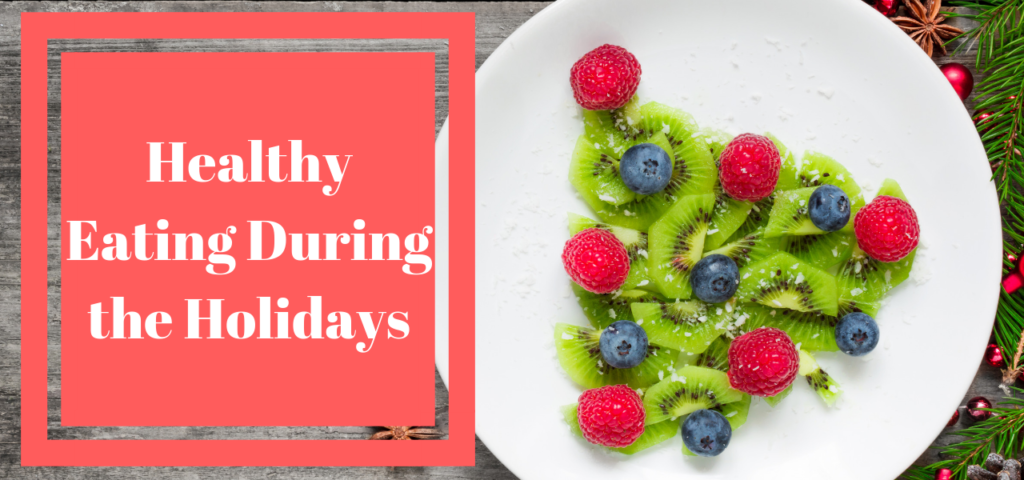
Eat, Drink and Jingle Like You Mean It
Having knowledge and insight is fundamental to make change. There is no doubt that having self awareness frees you to make new and better choices. More than likely you’ve gotten to this point with some kind of dysfunctional logic about why and how your actions have been influenced by your environment. You’ve got stressors. We get it. It matters, but now let’s take ownership of what part we played in this outcome. A self-assessment is essential to overcome your emotional “hang-ups” and self-defeating behavior and is fundamental in your evolution towards a healthier life.
At the same time, beyond the insight, one needs specific small changes to break free from old habits.
Realize that old habits are hard to break. So, without reinforcers you will likely fall back into old patterns. Even further, when you begin to challenge yourself with self-monitoring tactics, that new behavior will help you to gain even more insight about how the old behavior might have sabotaged your efforts in the past.
Here are a few such strategies:
- Look at your food – both before and while you eat. Place everything you think you will eat in one sitting on a plate before you start to eat. Try to avoid eating out of a box, or placing your snack/dessert on a separate dish. While eating, avoid distracted hand-to-mouth, auto-pilot mode of watching TV or a movie. This mindless eating will certainly translate to more volume. Be buffet savvy – check out all your food options before putting anything on your plate.
- Big plates and spoons surely translate to more intake. “Become an illusionist.” is what’s recommended by Dr. Brian Wansink in “Mindless Eating – Why We Eat More Than We Think.” A 6 ounce serving of food is plenty on an 8-inch plate but looks like a tiny appetizer on a 12-inch plate. Also beware of variety as studies show you’ll want a “little” of each option translating to more volume overall.
- Make impulsive eating less convenient. Put the tempting food further away and less visible. At a party, don’t stand next to the food table. If you are prone to mindless eating, pop a mint or stick of gum in your mouth so you won’t reach for the chips. Make an intentional choice if you indulge on something and eat it slowly on a plate. If dinner is over, consider leaving the kitchen area – turn off the lights, move to another part of the house, or brush your teeth.
- Have ready distractions to help you at moments of weakness. Before you grab something out of the office hallway snack bin, chat with a friend of a colleague or move to another area of the office. Usually, it only takes 2-3 minutes to distract yourself to remove a thought from your mind.
- Drink for your health. Figure out what your drinks of choice might be. Decide ahead of time. Note that many people opt for specialty drinks that are not worth the carb load (ie eggnog, heavy sweet drinks). Make sure to also drink water or seltzer between alcoholic drinks. Alcohol in general increases your appetite and diminishes your ability to control your impulses.
- Determine the difference between physical hunger and emotional hunger (or habit). Physical hunger, which many of us have rarely felt, builds slowly, is below the belt in the stomach region, and goes away with eating. Emotional hunger develops suddenly, is above the neck (e.g. I have a taste for…”, and persists despite fullness. Take at least a 15 minute break before going for seconds. It takes a few minutes for your stomach to signal your brain that it is full. Make conversation or drink some water. You may realize that you only want a very small portion of another helping.
- Learn how to make more healthful food choices your new comfort food. Capture and celebrate the emotional satisfaction that comes from a small serving of chilled chocolate sugar-free pudding with fresh berries instead of a large ice cream sundae. Soon enough, it will move up your “favorites” list.
- Make every meal matter. Don’t give yourself a “cheat day” or a “guilt-free vacation” as this concept moves you away from the idea that making healthy choices at every opportunity should be celebrated for how good it makes you feel. You are not deprived, but rather you are helping yourself by making choices with some forethought. Approach a meal with “How will this food make me feel in 30 mins?” If you slip, don’t beat yourself up or call it quits for the rest of the day. Get right back to smarter choices.
- Do 20% less or more. Our minds are often misleading our bodies. Aim to put 20% less of the unhealthy food on your plate and put 20% more of the healthy food on your plate. Chew thoroughly and eat slowly. You will likely find yourself satiated.
- Pay attention to what really matters. Although food is an integral part of the holidays, put the focus on family and friends, laughter and cheer. If balance and moderation are your usual guides, it’s okay to indulge or overeat once in a while.
- Learn your triggers. Use the “Write It down and Move On” worksheet after each party/event/holiday/vacation. We are either winning of learning.
- Keep in mind that the above tactics may initially feel forced but can very quickly become reinforcers for your goals. Embrace change.
Looking for more recipe ideas and inspiration? Make sure you are signed up for emails. Visit our Pinterest site (click logo at top right of banner) or go to http://www.pinterest.com/bwbodywellness/